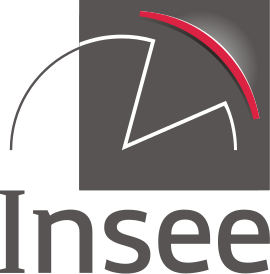 Insee Analyses ·
October 2021 · n° 68
Insee Analyses ·
October 2021 · n° 68 « Jeune Entreprise Innovante » scheme : a weak and uncertain effect on the employment of beneficiary companies
« Jeune Entreprise Innovante » scheme : a weak and uncertain effect on the employment of beneficiary companies
Set up in 2004, the « Jeune Entreprise Innovante » (JEI) scheme allows newly created firms, whose research and development expenditures are sufficiently high, to benefit from social and tax reliefs, in particular labor tax cuts for jobs dedicated to research. Nearly 9,000 companies benefited from this scheme between 2004 and 2015.
Assessing its effects on salaried employment, total or dedicated to research, and wages is hampered by the difficulty of finding companies to compare them to, which are similar but do not use the scheme. Indeed, even when selecting non-beneficiary companies with similar observed characteristics, there are still differences in the probability of using the scheme between those firms and the JEIs that also impact their employment and wages.
All in all, assuming that a JEI is up to twice as likely or unlikely to use the scheme as a non-beneficiary company with similar observed characteristics, the use of the JEI scheme may have had a positive effect on salaried employment, total and dedicated to research and development, for only 16 % of beneficiary companies from their second year of existence. The scheme may have had no effect on the employment of companies using it from their fourth year of existence and may never have had any effect on wages. Moreover, due to the more frequent use of the Research and Innovation Tax Credit and Bpifrance aids by JEIs, this result is not necessarily attributable to the JEI scheme alone.



